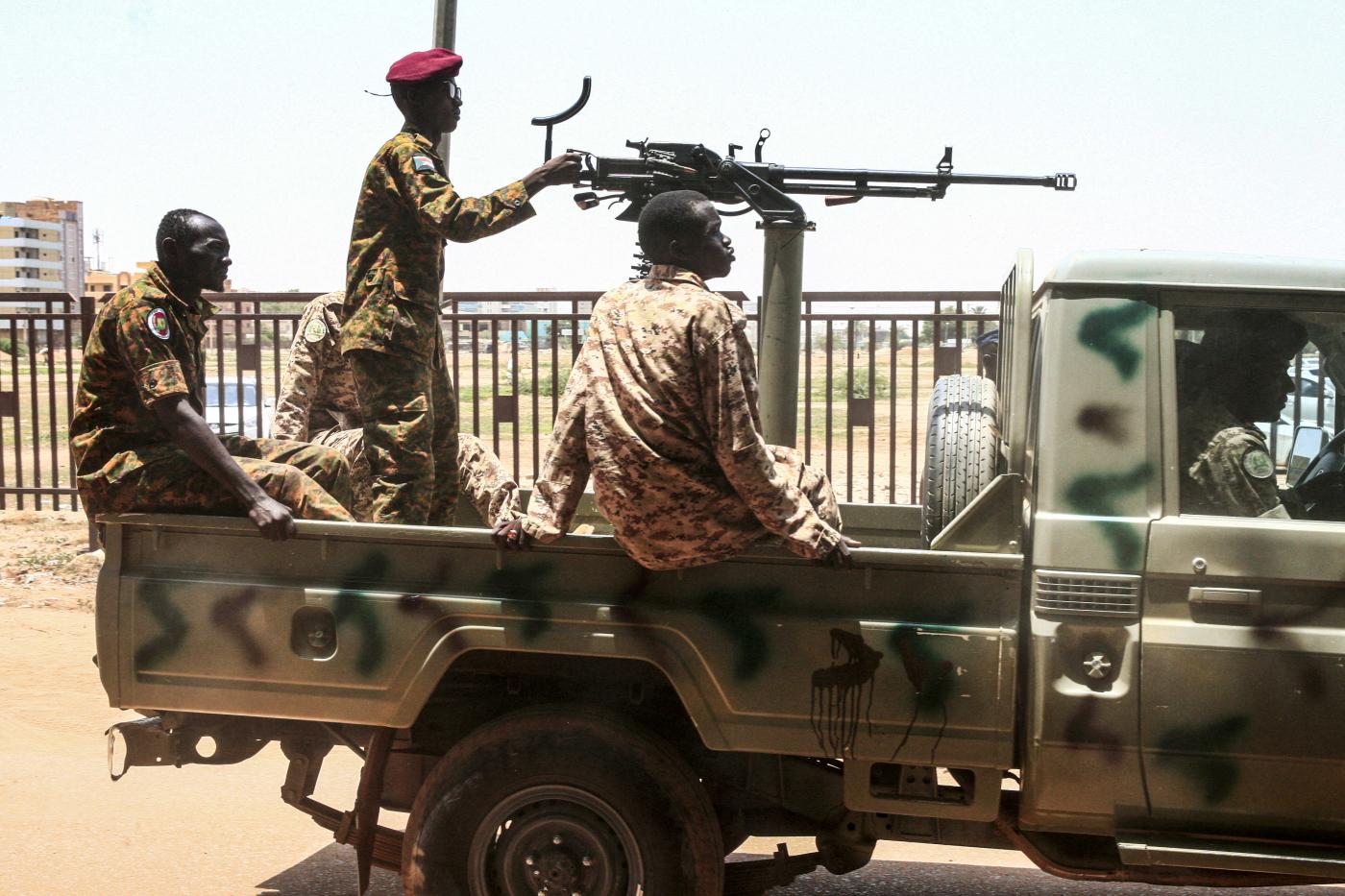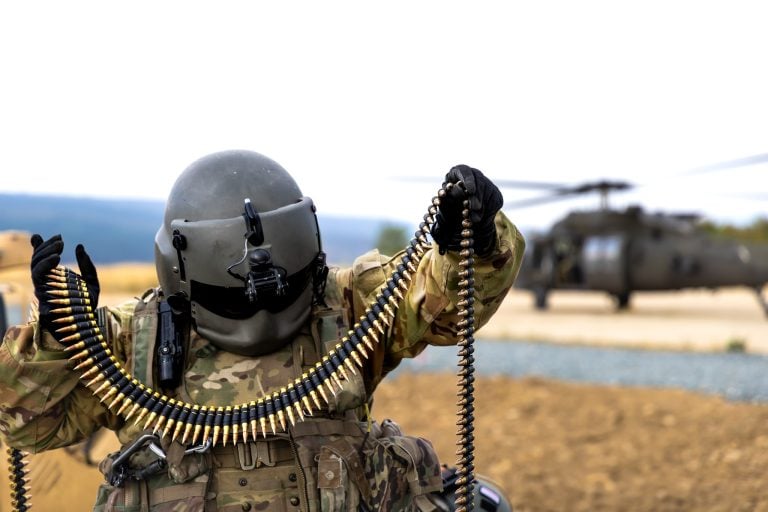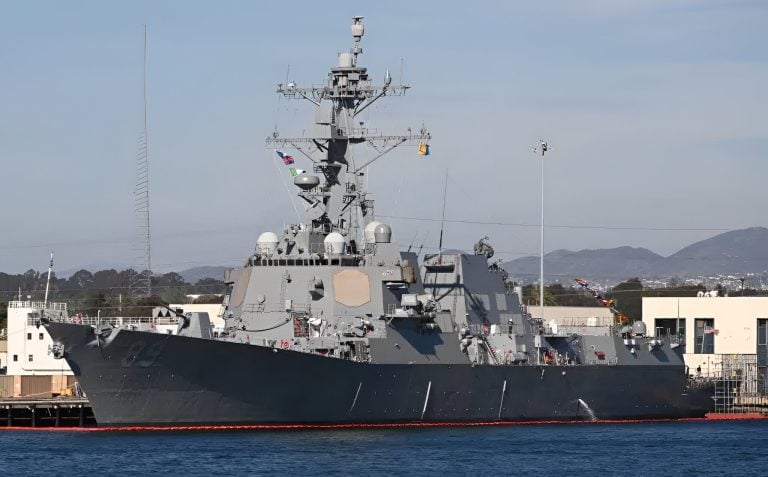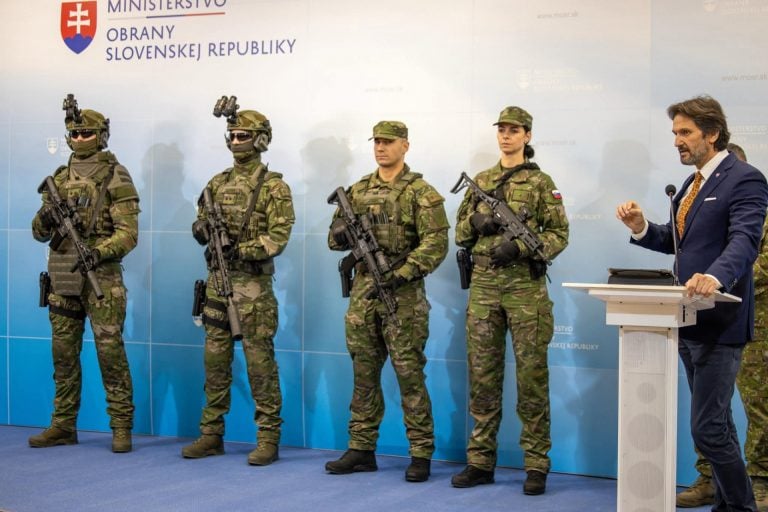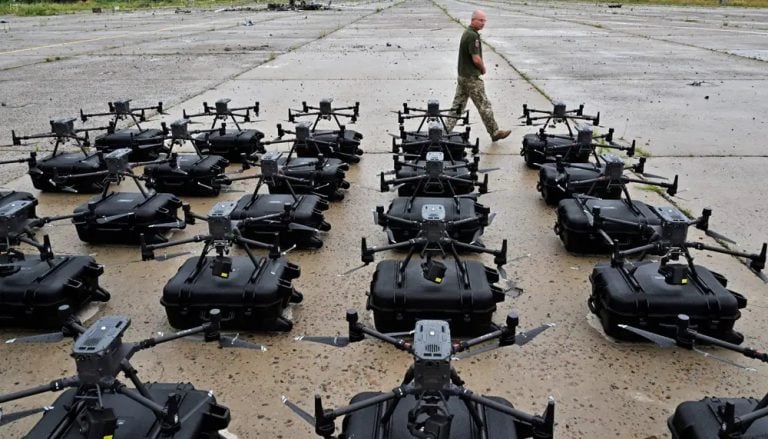As world leaders convene in Ethiopia, the urgent humanitarian crisis in Sudan has become a focal point of international attention. United Nations Secretary-General Antonio Guterres made a strong appeal at the African Union summit in Addis Ababa, emphasizing the dire need to halt the influx of weapons that continue to exacerbate the conflict. Guterres underscored the importance of protecting civilians, ensuring safe access for humanitarian aid, and preventing further armaments from flooding the war-torn region.
“The conflict in Sudan has led to the loss of tens of thousands of lives and displaced over 12 million people since its outbreak in April 2023,” Guterres stated, labeling the situation as an “unprecedented humanitarian crisis on the African continent.” His remarks highlight the gravity of a conflict that has spiraled out of control, drawing sharp global concern.
Moussa Faki, the chair of the African Union, echoed these sentiments, calling on all warring parties to “immediately and permanently cease fire.” He characterized the ongoing violence as “the moral failure of our time,” reflecting a growing frustration with the inability of international actors to bring about peace and stability.
Adding to the discourse, the United Arab Emirates (UAE) has proposed a “humanitarian pause” in hostilities during the upcoming Muslim holiday of Ramadan. Reem al-Hashimy, the UAE’s minister of state for international cooperation, articulated the need for a cessation of violence, stating, “This war has really gone on for too long, cost too many lives and brought about immense suffering.” The UAE has pledged an additional $200 million in humanitarian aid aimed at delivering much-needed assistance to those most affected, particularly women and children.
Despite the UAE’s calls for peace, it faces accusations from Sudan regarding its alleged support for the Rapid Support Forces (RSF), a faction engaged in violent conflict against the regular army. The Gulf state has denied these allegations, but skepticism remains, especially among U.S. lawmakers who recently asserted that the UAE has failed to fulfill its promises to cease military support for the RSF.
The complexities of the conflict extend beyond the UAE, with other nations such as Egypt, Turkey, Iran, and Russia also being implicated in providing backing to various factions involved in the hostilities. As the Sudanese army maintains control over eastern and northern regions, the RSF has established dominance over much of Darfur, an area severely impacted by the fighting and where the UN reports aid obstruction.
The African Union has proclaimed the conflict as “the worst humanitarian crisis in the world,” with alarming statistics revealing that over 431,000 children have received treatment for malnutrition as a direct consequence of the ongoing violence. As international leaders grapple with these pressing issues, the situation in Sudan remains precarious, necessitating immediate and concerted efforts to restore peace and provide relief to millions in distress.
